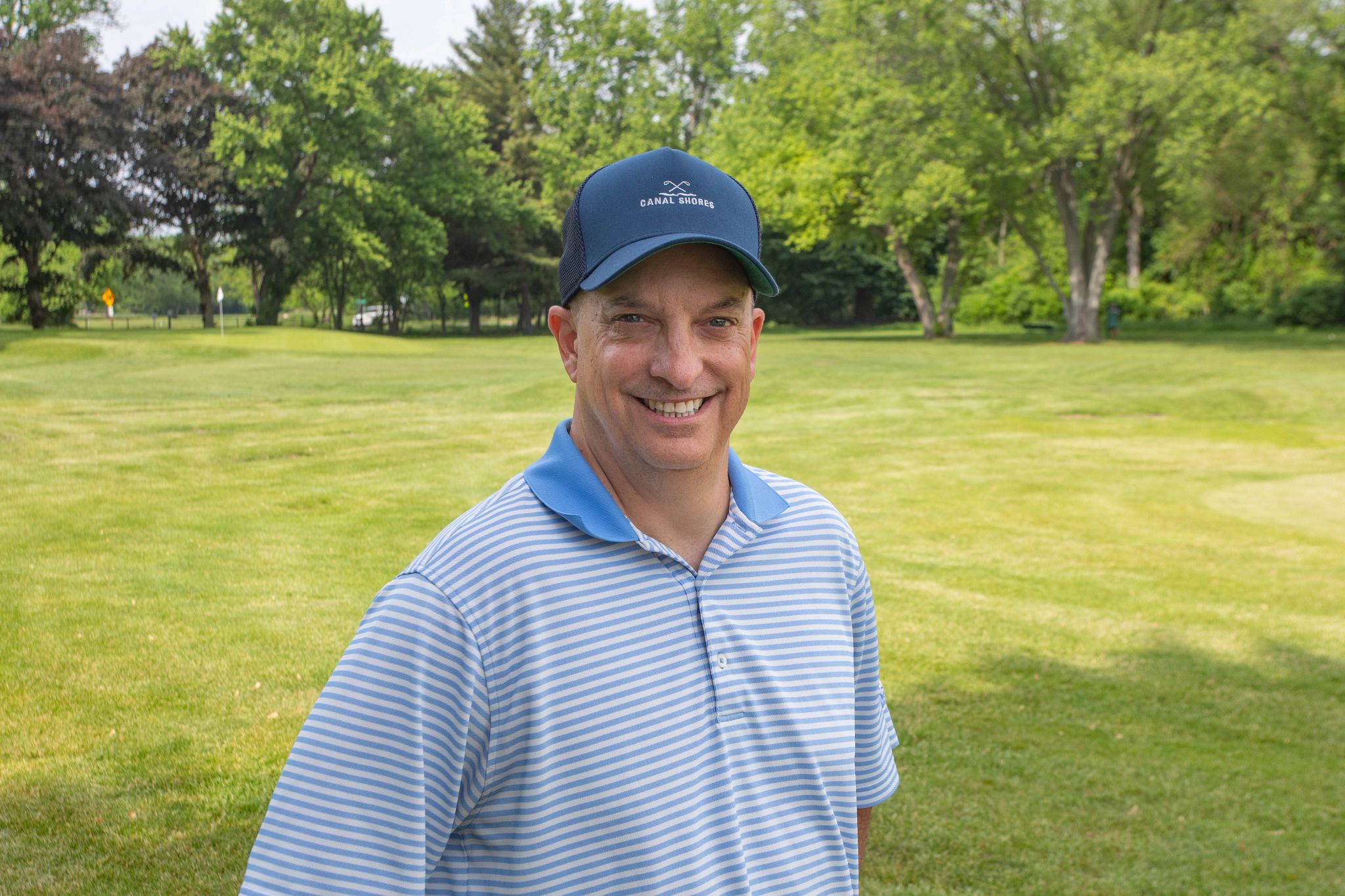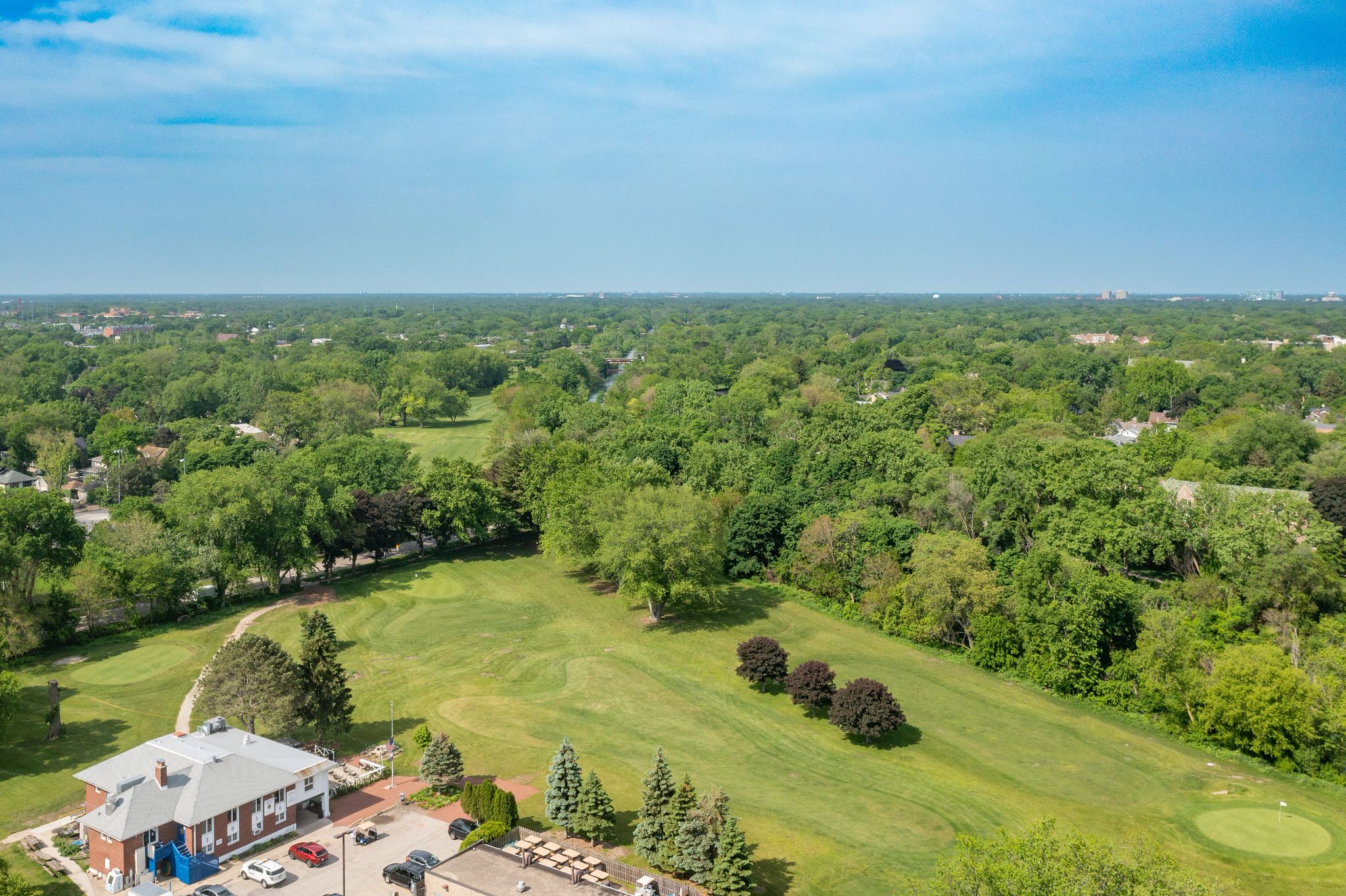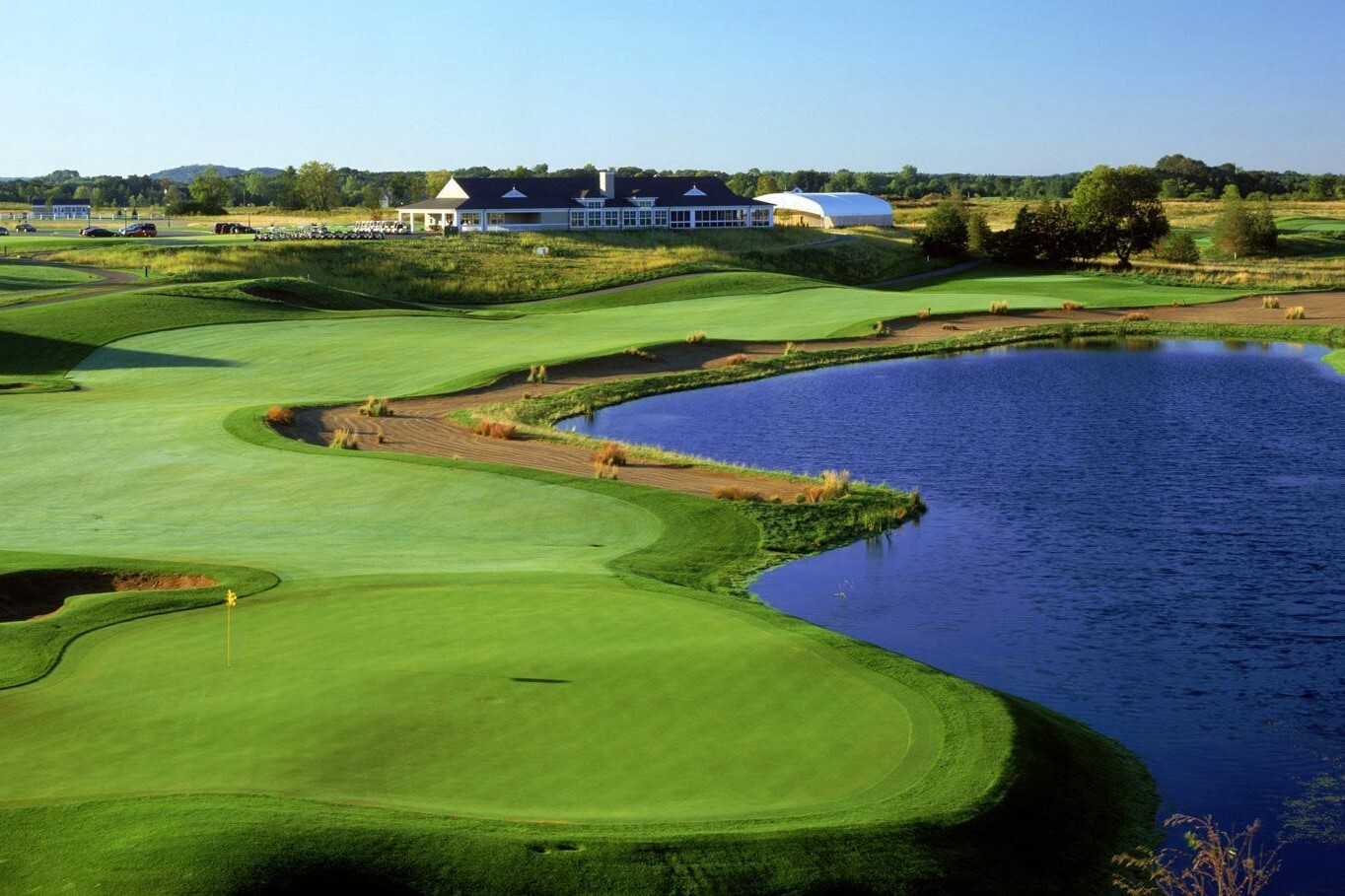Golf Course Broker Tees Up Another Big Year of Sales as Pandemic Boosts Sport
May 31, 2022

Yet the boom in participation in the sport has let Charnas enjoy the game for another reason: It's been good for his real estate niche of selling golf courses.Charnas said his firm, Links Capital Advisors, brokered about $25 million of golf course sales throughout the country in 2021, the highest volume since his suburban Chicago firm was founded in 2008. So far, 2022 is shaping up as another strong year.

Up until 2006, there was a 20-year construction cycle during which the number of U.S. golf courses increased 44%, according to the National Golf Foundation. The Great Recession followed, and since that pre-recession construction boom there has been an 11% contraction in the supply of courses.
"From 2007 to 2019, the golf industry was dribbling along at the bottom of the cycle," Charnas said. "There weren't a lot of people looking to invest in golf courses, and when deals did happen, they were typically at bottom-of-the-market prices or distressed deals. Out of every 10 offers, eight were from developers."
For years, residential and industrial developers were the ones eyeing underperforming golf courses in pursuit of large, cleared land parcels they could redevelop. Those property types have thrived during COVID-19, which began disrupting the economy in March 2020.
"A lot of the low-hanging fruit has been harvested," particularly for industrial sites near interstates, said Charnas, a former industrial broker. One exception is the former Calumet Country Club in Chicago's south suburbs, where the new owner is considering an industrial redevelopment on at least part of the site.
Many sales during the pandemic stemmed from the Chapter 11 bankruptcy of Warrior Custom Golf, which owned courses throughout the country, and other distressed deals, he said.
Getting More Calls
Now, as the deal flow catches up to the soaring interest in golf, Charnas said he's getting more calls from owners of successful courses looking to cash in.Last year, he brokered the $16 million sale of the Legacy Golf Club in Phoenix. That was the second-largest sale brokered by Links Capital Advisors, trailing only the $18.5 million sale of Kemper Lakes Golf Club — the course in Kildeer, Illinois, that hosted the PGA Championship in 1989 — about two decades ago. Already in 2022, Charnas has brokered the $6.9 million sale of Troy Burne Golf Club in Hudson, Wisconsin, the highest-priced sale of a course in the state since 2009.

"I'm not seeing new companies pop up looking to build 20-course portfolios, but I'm seeing individual investors buy one course or looking to add a second," he said.
Troy Burne was purchased by local corn farmer and businessman Bill Holst, once described by Forbes as "the world's most successful caviar entrepreneur." Holst already owned a few courses in Wisconsin and Minnesota.
Charnas and others in the industry know that while the market quickly rebounded, it can just as easily spin around again quickly, which means moving on sales quickly and efficiently, practices that were honed in the pandemic.
Following the remote-work trend, Charnas said he's able to sell most courses without setting foot on them. From photos and phone calls, he said he can understand a course well enough to market it to likely buyers.
Using Google Earth, Charnas said he can tell if bunkers are overflowing with water, one sign that a course probably needs extensive repairs.
From a Distance
"It sounds much more glamorous than it is," Charnas said of his job. "You can figure out a lot about a course just on the internet."Charnas estimates he has 10 to 12 competitors nationally, most of which are sole proprietors like him. Charnas, who grew up caddying on Chicago's North Shore, was an industrial broker at Cushman & Wakefield until he took a job in the 1990s working for Chicago's Crown family, which was building up a golf-course investment unit. Charnas later returned to Cushman & Wakefield to start a golf group there, before branching out on his own early in the Great Recession.
Links Capital Advisors is based in Wilmette, near Chicago. The North Shore area also happens to be where actor Bill Murray and his brothers caddied in their youth, inspiring the 1980 movie "Caddyshack."
Flash-forward 40 years to the pandemic's arrival, which caused people to seek out activities that would allow for distancing and fresh air.
There were about 3 million golf newcomers in 2020, followed by 3.2 million last year, according to the National Golf Foundation. Those years shattered the previous record for new golfers, 2.4 million all the way back in 2000, when Tiger Woods was reinvigorating interest in the sport. In 2020, the total number of golf rounds rose by 13.9%, and they rose another 5.5% in 2021.
Slowly, prices for courses appear to be following suit.
For the first time since before the Great Recession, Charnas said he's regularly seeing courses priced at $3 million to $4 million, more than twice the typical deal size of recent years.
"It's worth that because you're buying cash flow, and now these courses are making a lot more money," Charnas said. "Owners are looking at it like now could be a good time to cash in. There are a lot of investors who are members of clubs, and they can see how good things are. They used to be able to play whenever they wanted, and now they can barely get a tee time.
"It's fun when you're at a party and you can say you own a golf course. That's factoring into it, too."
Article by Ryan Ori, Courtesy CoStar News
